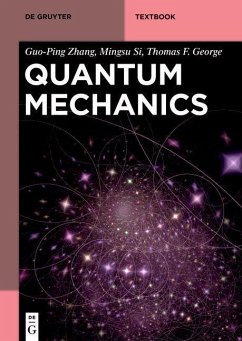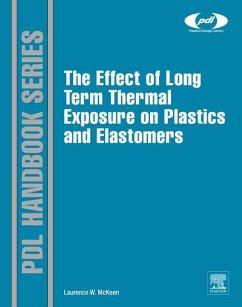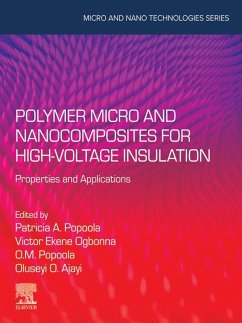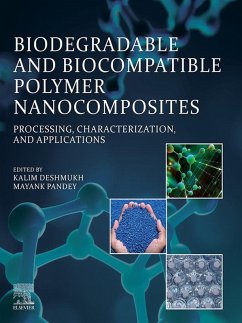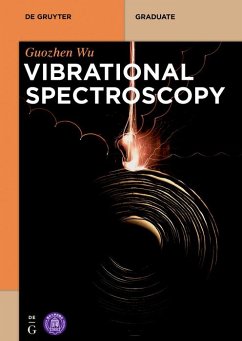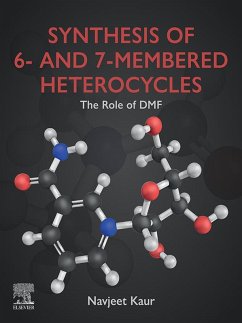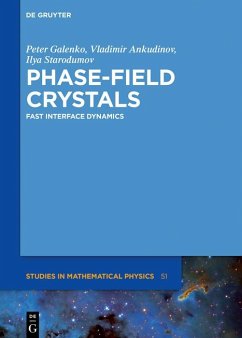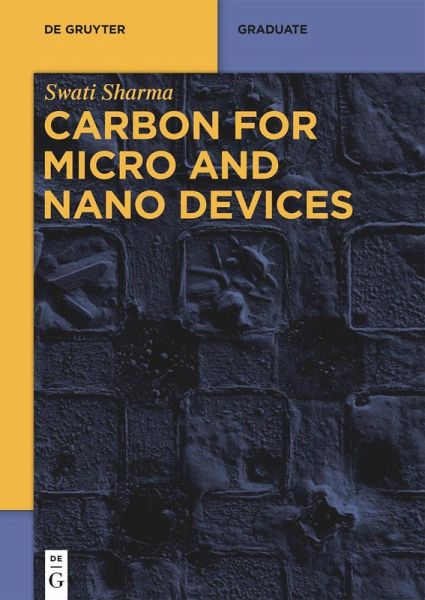
Carbon for Micro and Nano Devices (eBook, ePUB)
Versandkostenfrei!
Sofort per Download lieferbar
52,95 €
inkl. MwSt.
Weitere Ausgaben:

PAYBACK Punkte
26 °P sammeln!
Micro and nano devices are an integral part of modern technology. To address the requirements of the state-of-the-art technology, topics are selected from both chip-based and flexible electronics. A wide range of carbon materials including graphene, carbon nanotube, glass-like carbon, porous carbon, carbon black, graphite, carbon nanofiber, laser-patterned carbon and heteroatom containing carbon are covered. This goal is to elucidate fundamental carbon material science along with compatible micro- and nanofabrication techniques. Real-life example of sensors, energy storage and generation devic...
Micro and nano devices are an integral part of modern technology. To address the requirements of the state-of-the-art technology, topics are selected from both chip-based and flexible electronics. A wide range of carbon materials including graphene, carbon nanotube, glass-like carbon, porous carbon, carbon black, graphite, carbon nanofiber, laser-patterned carbon and heteroatom containing carbon are covered. This goal is to elucidate fundamental carbon material science along with compatible micro- and nanofabrication techniques. Real-life example of sensors, energy storage and generation devices, MEMS, NEMS and implantable bioelectronics enable visualization of the outcome of described processes.
Students will also benefit from the attractive aspects of carbon science explained in simple terms. Hybridization, allotrope classification and microstructural models are presented with a whole new outlook. Discussions on less-studied, hypothetical and undiscovered carbon forms render the contents futuristic and highly appealing.
Students will also benefit from the attractive aspects of carbon science explained in simple terms. Hybridization, allotrope classification and microstructural models are presented with a whole new outlook. Discussions on less-studied, hypothetical and undiscovered carbon forms render the contents futuristic and highly appealing.
Dieser Download kann aus rechtlichen Gründen nur mit Rechnungsadresse in A, B, BG, CY, CZ, D, DK, EW, E, FIN, F, GR, HR, H, IRL, I, LT, L, LR, M, NL, PL, P, R, S, SLO, SK ausgeliefert werden.




